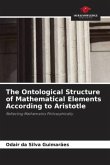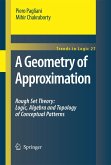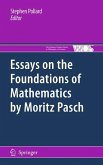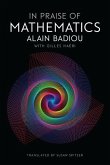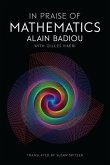Despite its Egyptian origins and the discovery of fragments of geometric treatises in that part of the world, it is Euclid who deserves credit for having constructed the first form of axiomatisation of mathematical principles. With him, geometry ceased to be a collection of practical recipes or, at best, empirical statements, and became a rational science. As the heir to the Hellenistic geometries of his time, Euclid used them to his advantage to produce the first synthesis of geometry. For more than two millennia, Euclidean geometry was considered the unsurpassable model in deductive theory. However, in this essay, after tracing the origins of the Euclidean system, the author points out that the success of Euclidean geometry was called into question when vigilant mathematicians questioned the status of the fifth postulate, known as the parallel postulate. The author's meticulous study, which combines philosophical rigour with mathematical knowledge, is therefore of considerable scientific interest and will certainly be very well received by the educated public.
Bitte wählen Sie Ihr Anliegen aus.
Rechnungen
Retourenschein anfordern
Bestellstatus
Storno


